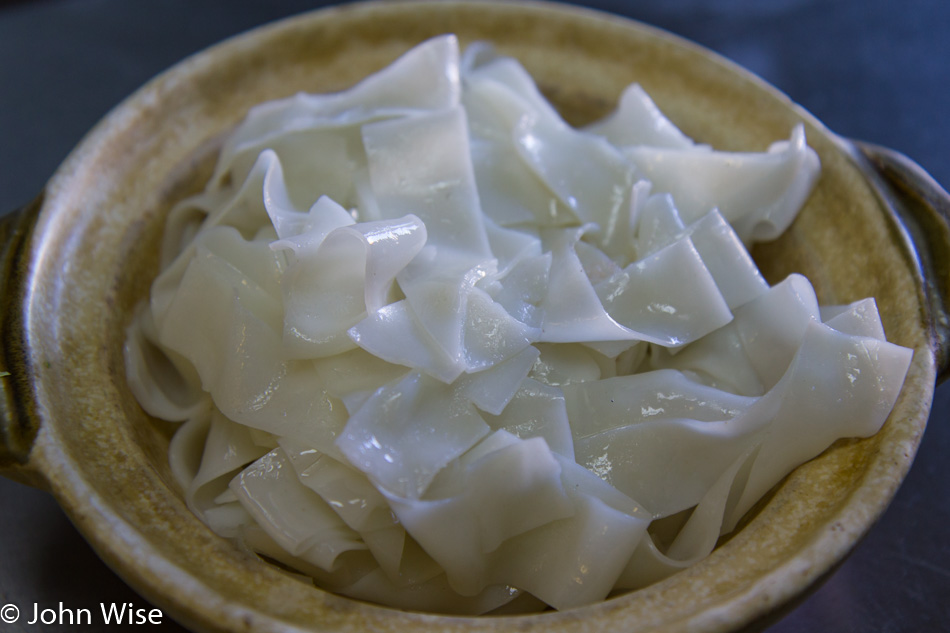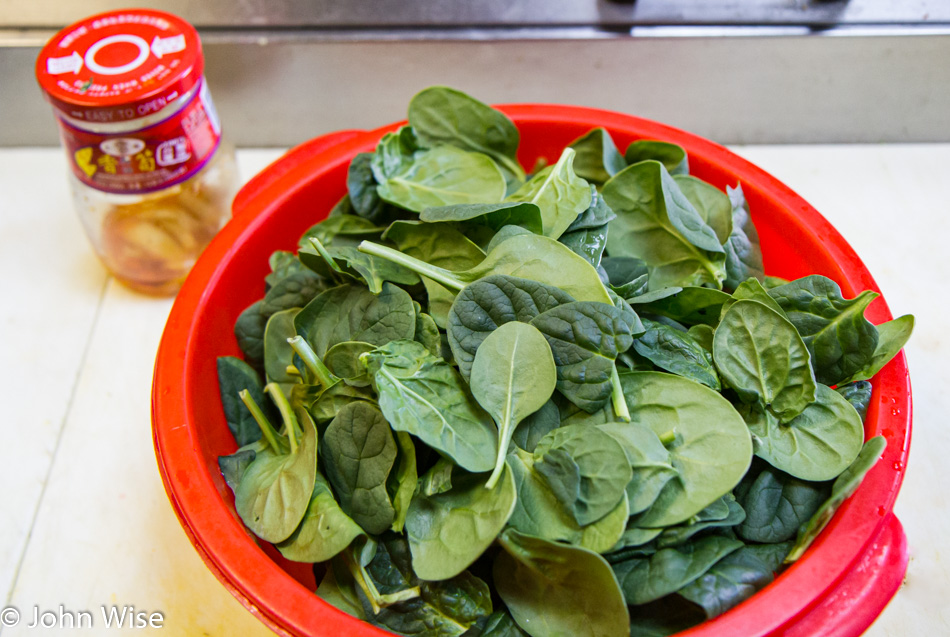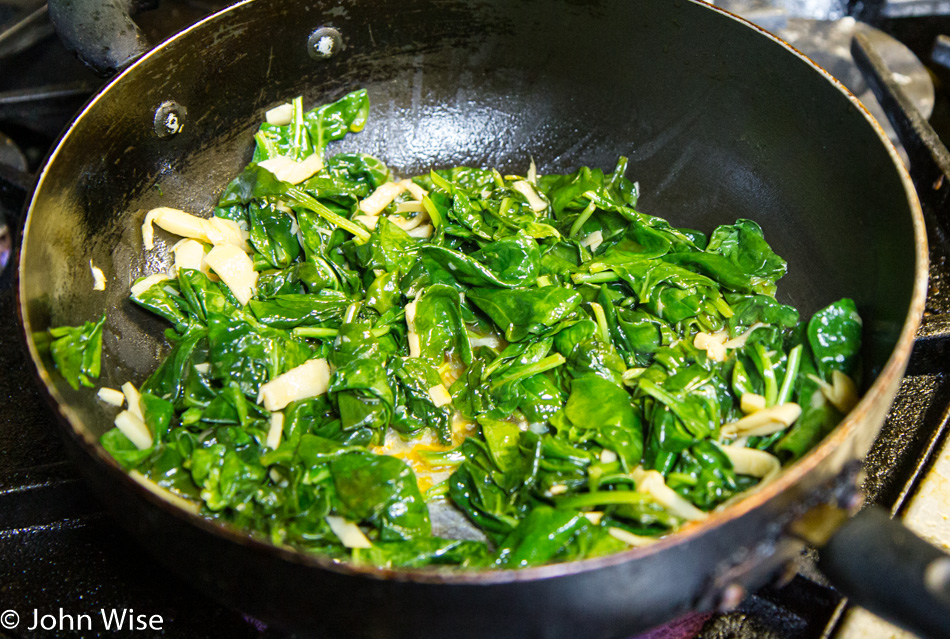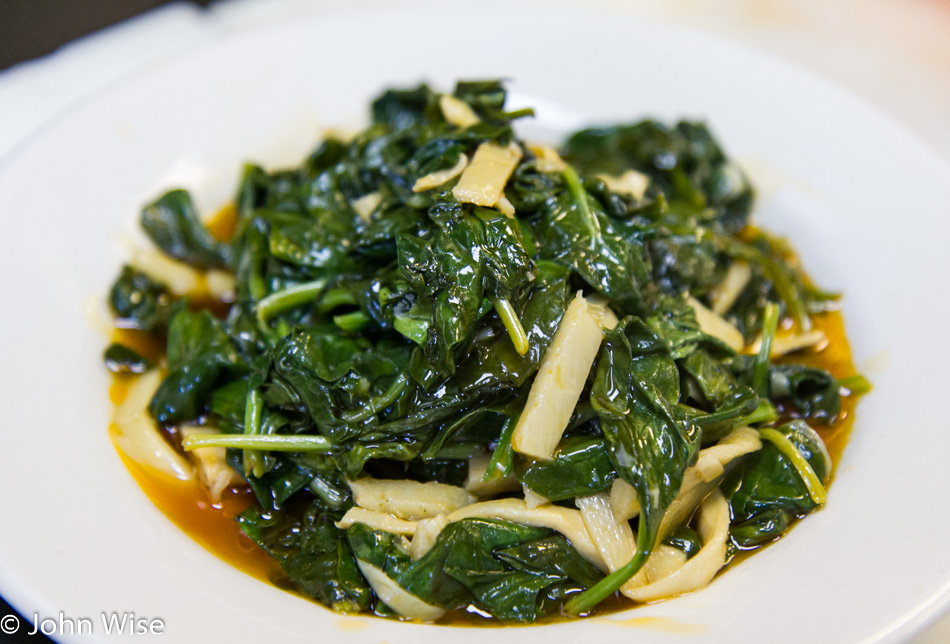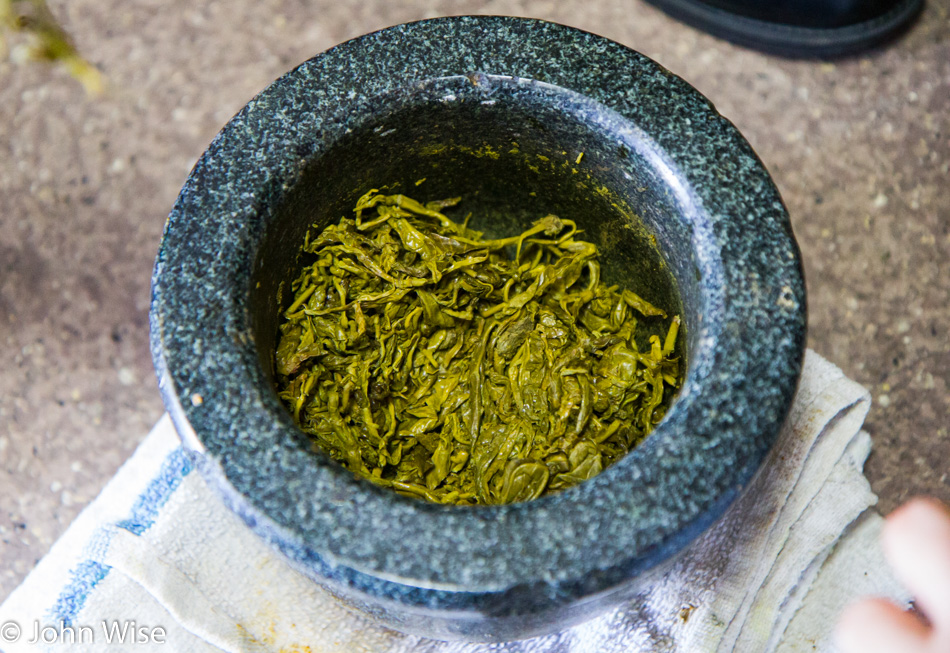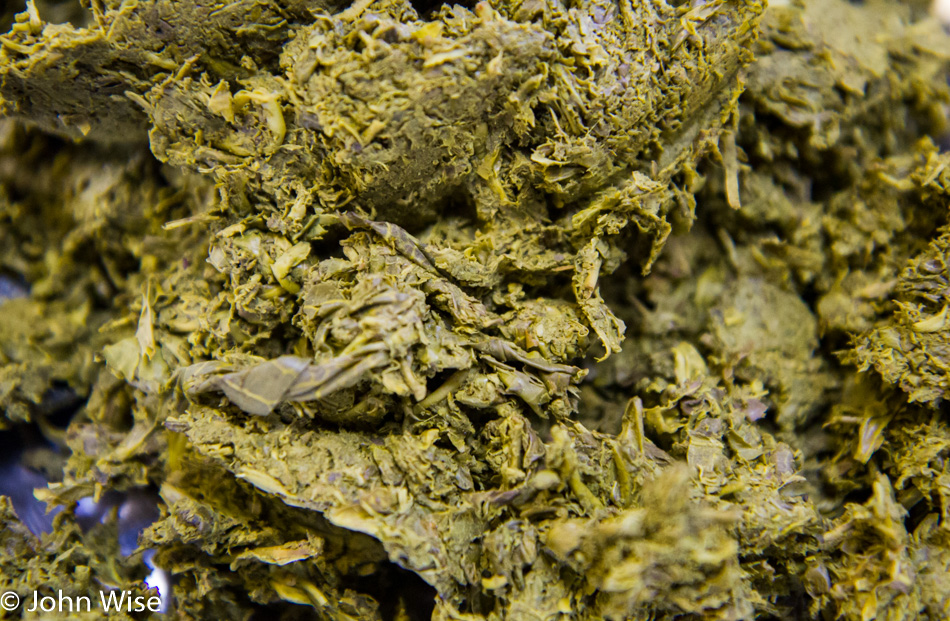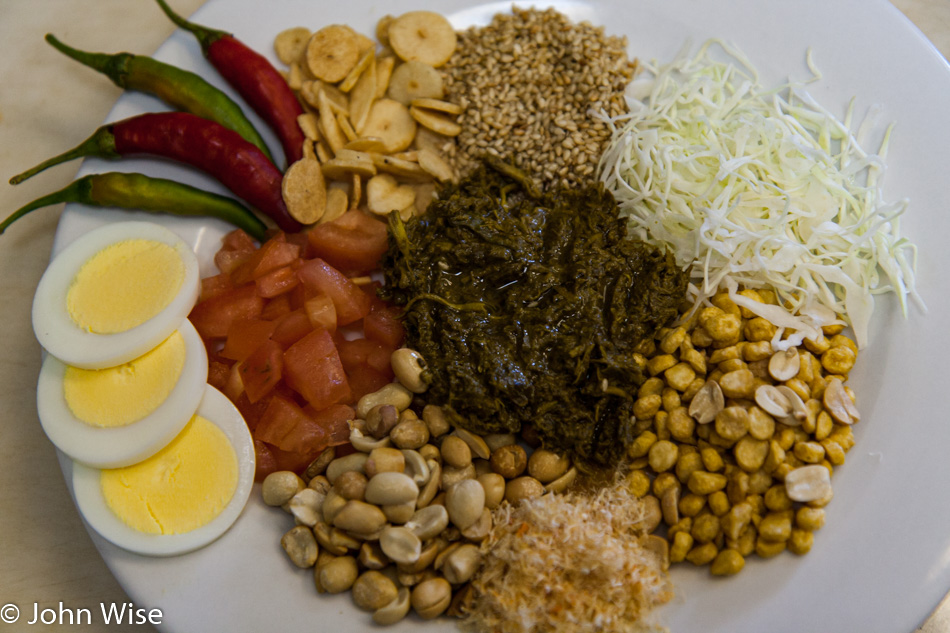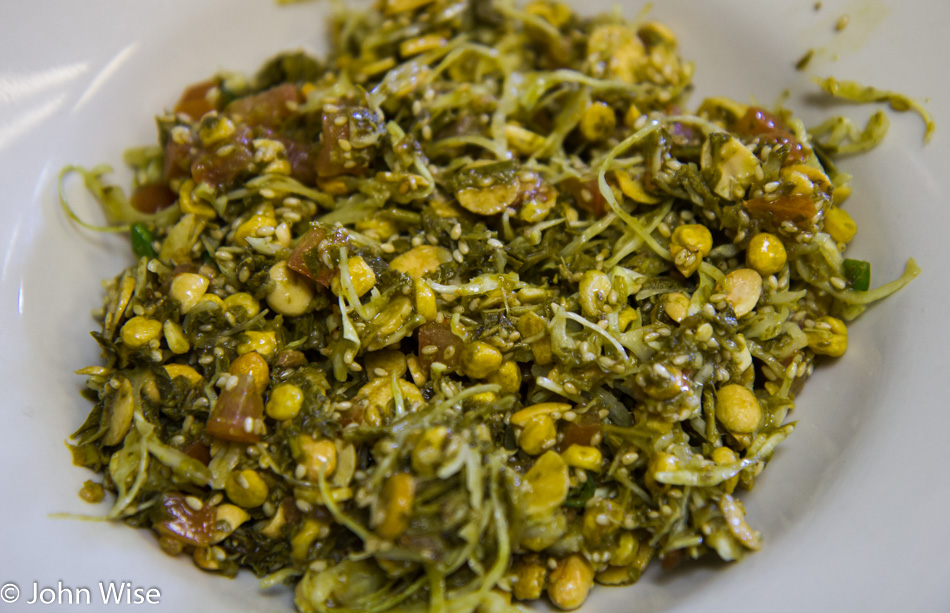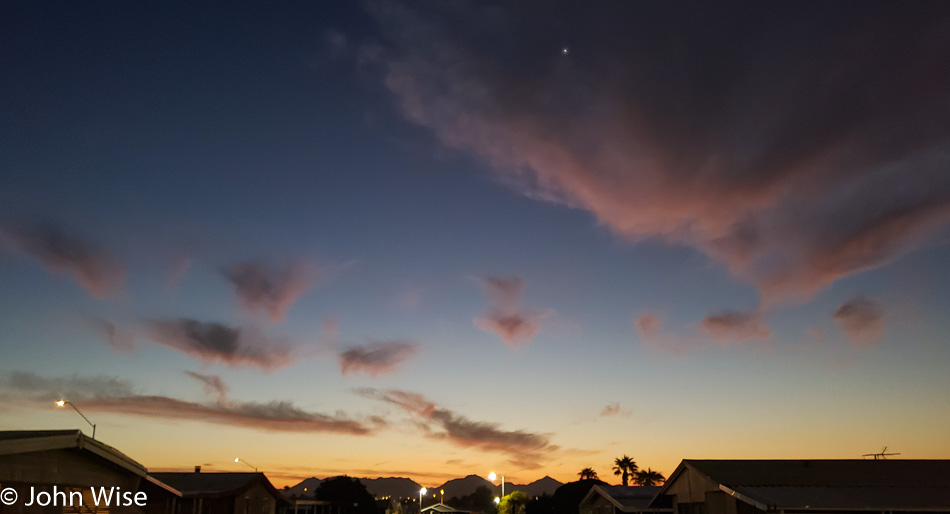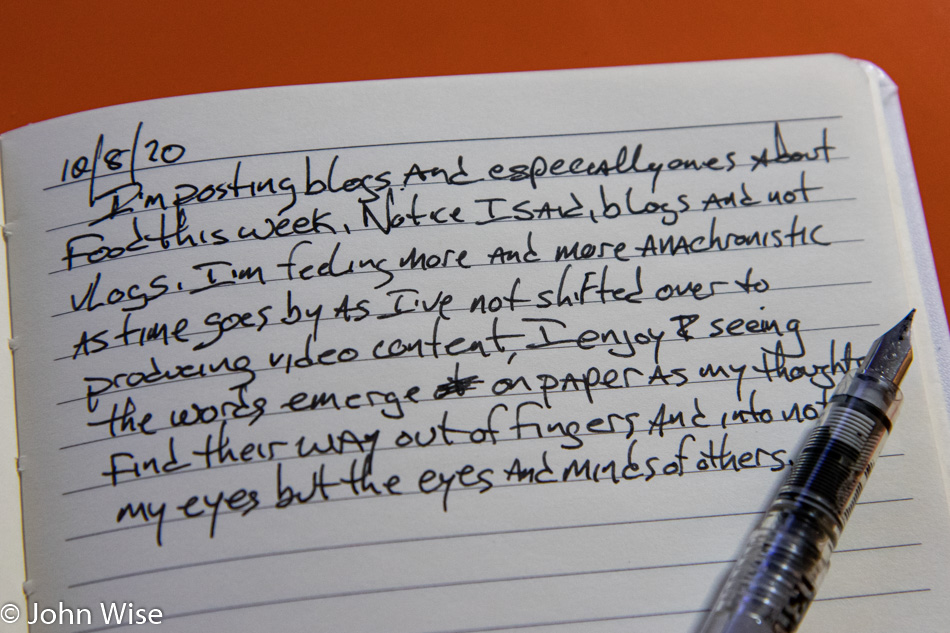
I’m posting blogs, especially ones about food, this week. Notice I said blogs and not vlogs. I’m feeling more and more anachronistic as time goes on, as I’ve not shifted over to producing video content. I enjoy seeing the words emerge on the screen as my thoughts find their way out of my fingertips and into not only my eyes but the eyes and minds of others. I would never say the video medium is any easier as all one needs to do is watch the evolution of a popular YouTuber, and you’ll see their early awkwardness give way to a comfort that came with practice. While I could venture down that road, and I have considered it often, I’m reluctant to do so for the amount of work it would take.
When I sit down to write, there is no consideration about my environment for aesthetic reasons; lighting doesn’t matter, mic placement is irrelevant if my hair is messy or I have food in my teeth, and there are no readers that would pick up on those things. If I’m inspired while driving I can simply dictate a note on my phone and send it to myself via email for inclusion at another time. If I recorded video, people would notice the change of clothes, different times of day and night, or maybe differences in my beard and hair. So, my conclusion is that I’m essentially lazy. While grains of truth thrive in that realization, I’d say that, more to the point, I’m a control freak. You may see my mental blemishes in mistakes that get by my world-class editor (a.k.a. The Wife), but for the most part, I hope that I’m sharing a well-groomed snippet of thought.
That doesn’t change the equation that maybe I have a low readership because I won’t jump on the YouTube or TikTok trains. Then the question is, “Do you need readership?” Affirmation is a funny, stupid little creature that laps at your face to make you feel good, while rejection suggests you drag your knuckles back into the cave from whence you crawled. I tell myself I write for myself and my wife, and that’s largely true, but I also write for some mysterious person or other who hasn’t been born yet. There was a time when I explained my writing as notes to the future that went beyond a 140-character text message. Then I asked just who is it that would review a trillion hours of video to make sense of what had been recorded. My thinking was that artificial intelligence would fare better with my longer semi-coherent missives to extract an arc of who a person was than analyzing 100 videos released while a personality was trending as a viral phenomenon. I think that was wrong-headed.
Why wouldn’t an AI just dissect those trillion hours of videos by looking at location, time of day, colors, text, emotional context, number of viewers, comments, and the rest of the meta-data to build a far more in-depth image of what the average of it all might have meant to the people of the early 21st century? So, not only am I working anachronistically, but my thinking is often stuck in archaic modalities that reflect a time of my life when I couldn’t imagine a digital future. How, then, does this pit a child born in the last ten years to the person who turns 85 in the year 2050?
Will I jump on the bandwagon of modernity? Nope, not in that regard. Writing at this point is right up there with eating, sleeping, breathing, and shitting. It’s something done because it sustains life. As I write that, I can’t help but think that this very act is like some excretory process where words drop out of my mind like so many turds from my bunghole. Maybe hitting publish is my way of wiping myself clean after making these messes.

